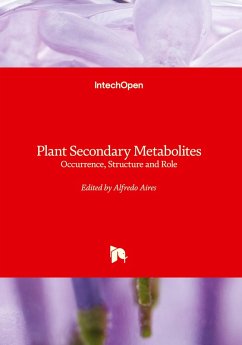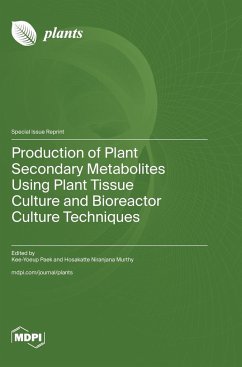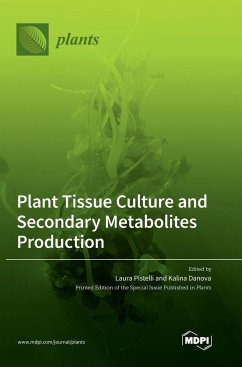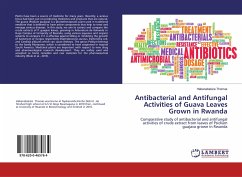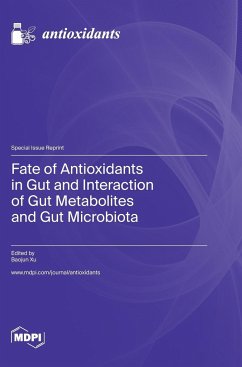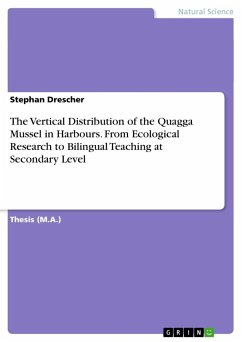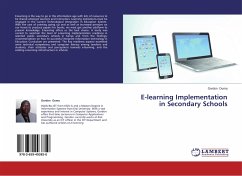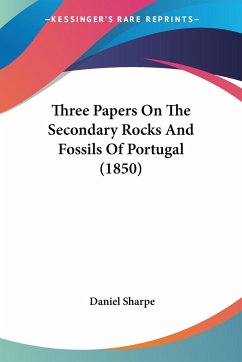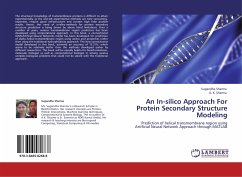
Some biological activities of plant secondary metabolites
Versandkostenfrei!
Versandfertig in 1-2 Wochen
41,99 €
inkl. MwSt.

PAYBACK Punkte
21 °P sammeln!
It has been estimated that less than 1-10 % of the large diversity of 250.000-500.000 plant species on the Earth have been studied chemically and pharmacologically for their medicinal properties. This is especially true for the tropical flora, as at date only 1 % of the species in these habitats have been studied for their pharmaceutical potential. Traditions of collecting, processing and applying plants and plant-based medications, have been handed down from generation to generation. In African countries, traditional medicines, with medicinal plants as their most important components, are sol...
It has been estimated that less than 1-10 % of the large diversity of 250.000-500.000 plant species on the Earth have been studied chemically and pharmacologically for their medicinal properties. This is especially true for the tropical flora, as at date only 1 % of the species in these habitats have been studied for their pharmaceutical potential. Traditions of collecting, processing and applying plants and plant-based medications, have been handed down from generation to generation. In African countries, traditional medicines, with medicinal plants as their most important components, are sold in marketplaces or prescribed by traditional healers at their homes. Because of this strong dependence on plants as medicines, it would be important to study their safety and efficiency. The value of ethno-medicine and traditional pharmacology is nowadays gaining increasing recognition in modern medicine because the search for new, potential medicinal plants is more successful if the plants are chosen on an ethno-medical basis.



